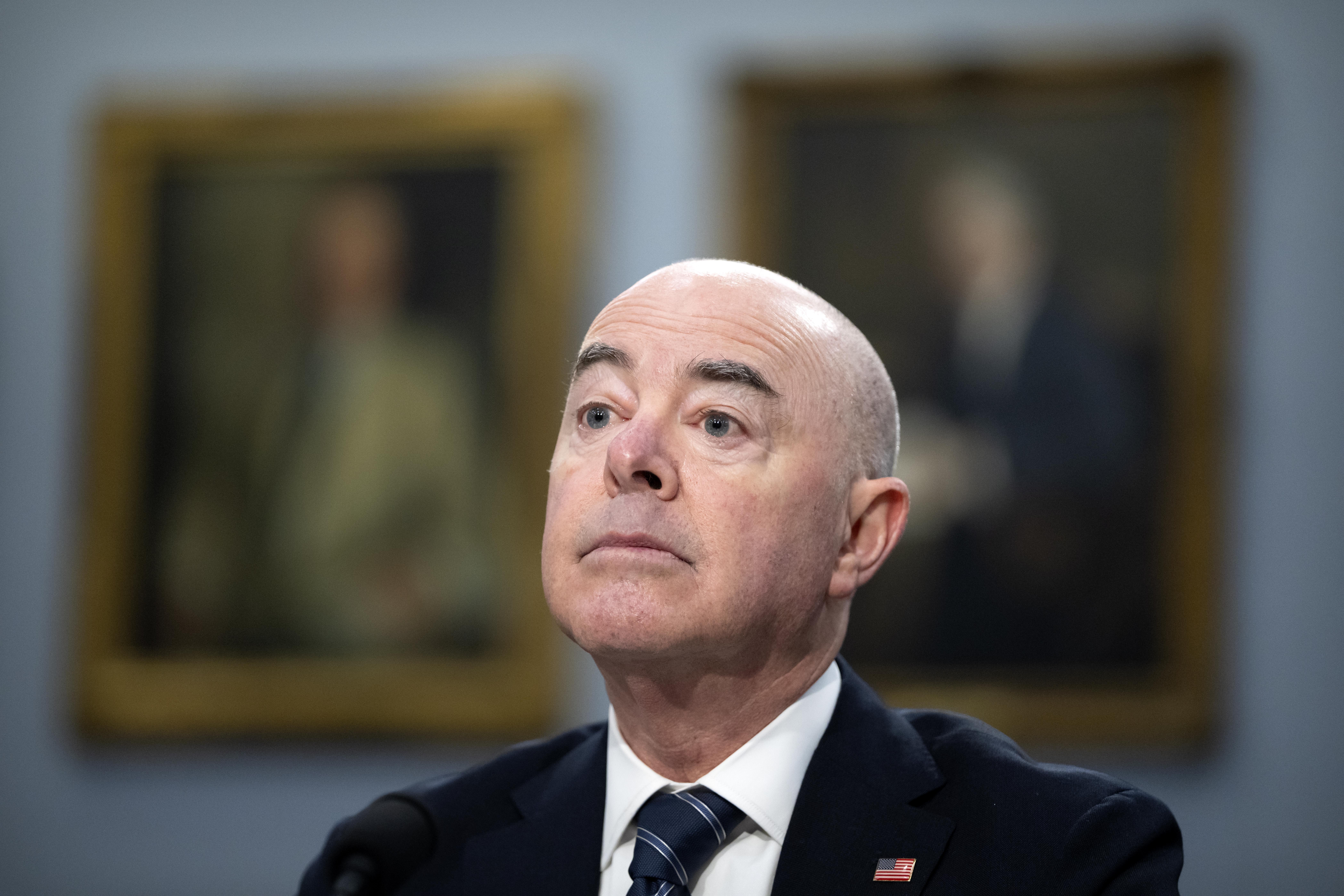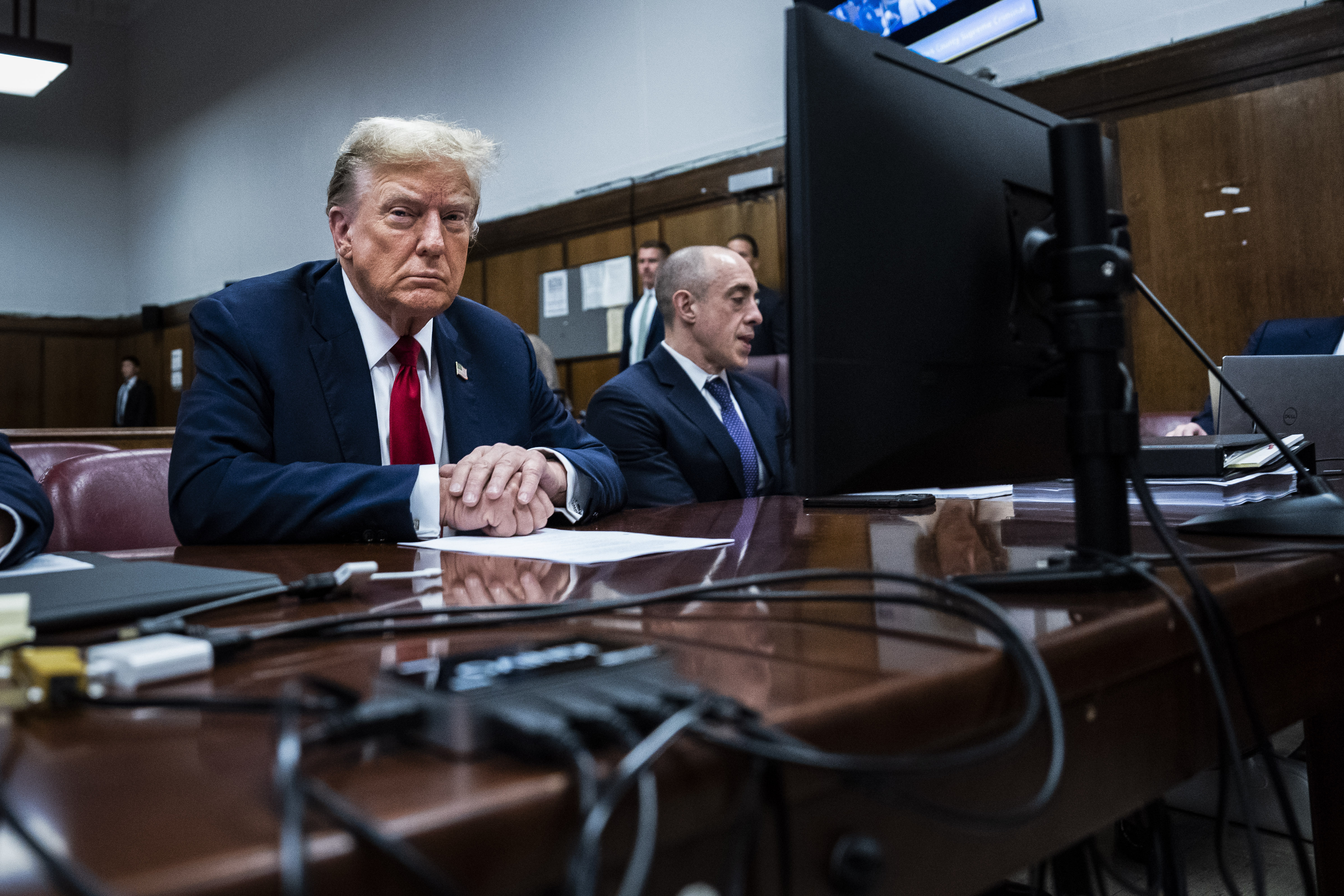This article was originally published on www.voiceofsandiego.org.
With a possible San Diego tax increase on the horizon in fall 2005, the budget hawk swooped.
Carl DeMaio, then-owner of Performance Institute, a government-training company, penned an op-ed eviscerating the plan:
They're at it again! The politicians and lobbyists at San Diego City Hall have concocted yet another plan to impose a stealth tax in San Diego. The net increase of the tax is estimated to be $9.6 million — all of which will go to the same City Hall that already cannot account for two years' worth of revenue it has spent. What's worse, this scheme they plan to impose is a tax that has been voted on and decisively rejected by San Diego voters not once, but twice in the past two years.
The tax outrage in question was a 2 percent surcharge on San Diego hotel bills, after San Diego voters had just rejected two similar proposals to hike hotel-room taxes.
Seven years later, as a candidate for mayor, DeMaio now strongly supports this 2 percent surcharge and an additional one that will fund an expanded Convention Center.
The op-ed's passionate rebuke of this type of tax increase undermines his repeated defense of tax hikes supported by San Diego hotel owners without public votes.
Politics
During the mayoral campaign, he's referred to the surcharge and the Convention Center financing as a "public-private partnership" and a "private investment" from the hoteliers. Yet in 2005, he argued the opposite for the surcharge.
So seven years ago, DeMaio opposed a 2 percent surcharge voted on by hoteliers, and derided it as a "stealth tax." Now, he supports a 2 percent surcharge voted on by hoteliers, and defends it as a "public-private partnership."
The surcharge is currently administered by the hotelier-controlled Tourism Marketing District. Here's how DeMaio described how the process would work in the 2005 op-ed:
The hotels within the district are then able to tax themselves and spend the extra revenue as they wish. The politicians and lobbyists have essentially found a loophole allowing them to skip asking the voters for approval, and there is a chance the tax will not even show up on hotel room bills. (Editor's Note: It now does show up as a line-item on the bill.) A conflict-of-interest issue has also been raised by the city attorney, because hoteliers would be privately governing how the dollars would be spent.
These new bills for tourists and the broader issue of whether the public should have a say on them are major campaign issues. The district was first implemented in 2008. The City Council and hotel owners currently are voting to expand and renew the district for up to 40 years.
DeMaio also backs the proposed tax increase voted by hoteliers to pay for the $520 million Convention Center expansion.
DeMaio's opponent, Bob Filner, opposes both deals, and argues the public should be allowed to weigh in. Filner also wants to divert some of the money slated for tourism marketing and shift it to public safety. (Filner has, however, pledged to implement both tax increases should courts uphold them.)
DeMaio's 2005 op-ed does remain consistent with his current position in two key areas. In it, he argues the tourism industry needs more money to promote the city, the same thing he contends now. And he says that the city shouldn't receive any new general tax dollars because it hadn't addressed its financial problems.
Indeed, his central argument against the district in the op-ed is that hoteliers and taxpayers shouldn't trust the city to spend the money wisely.
DeMaio campaign spokesman K.B. Forbes said in a statement the views his candidate expressed in 2005 were outdated. Forbes said DeMaio was addressing the district at a time when city leaders mismanaged finances and raided restricted funds. Under DeMaio and other current city officials, Forbes said, those problems don’t exist.
"Carl’s foresight at the time has been validated," Forbes said.
But Forbes doesn’t really address DeMaio’s dramatic reversal in rhetoric and position — "stealth tax" vs. "public-private partnership" — on the same issue.
DeMaio's 2005 op-ed appeared in the San Diego Daily Transcript newspaper. You can read the full piece here.
Liam Dillon is a news reporter for Voice of San Diego. He covers San Diego City Hall, the 2012 mayor's race and big building projects. What should he write about next?
Please contact him directly at liam.dillon@voiceofsandiego.org or 619.550.5663.
Disclosure: Voice of San Diego members and supporters may be mentioned or have a stake in the stories we cover. For a complete list of our contributors, click here.



